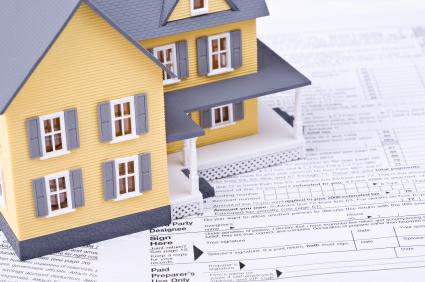Regardless of the length of listing, when the listing has expired, the broker / seller relationship has come to an end (more or less) and the home is no longer visible to potential buyers. This is when sellers often ask whose fault is it that the home isn't selling?
Check Motivation
The first step is to review your reasons to sell. In other words, maybe you don't have a reason to sell. Perhaps you should temporarily take your home off the market. If you are not motivated to sell, you are not a seller. You're a home owner with a sign in the yard.
Review Marketing
Where is the business plan to sell your home? Review the marketing plan with your agent, step-by-step. Did your agent drop the ball? Did you? What worked, what didn't? Did you do a virtual tour, send out direct mail, put a lockbox on the property?
Consider Condition
Go out and look at other homes on the market to determine if your home is in the same condition as those actively for sale. Perhaps you need to do repairs before selling. Maybe your home needs to be staged. Does your home scream curb appeal? Have you followed the top 10 home showing tips?
Look Again at Buyer Objections
What have buyers said about your home? Review buyer feedback, which your agent should have obtained for you when your home first went on the market and after every subsequent showing. Is there validity to what buyers were saying? How can you compensate for those objections?
Talk to Your Existing Agent About Why the Listing Expired
If your agent has fulfilled the marketing plan, worked diligently to sell your home, and the market is not answering the ring to your dinner bell, then you might need to conform to the market. This means a price reduction. Ask your existing agent to prepare another comparative market analysis to determine if your home is priced to sell.
If you respect and value your agent, relist with that agent. Adjust your price accordingly and follow your agent's suggestions, even if it means making repairs or improvements you'd rather not do. If your agent is spending money on your listing through advertising, aggressive marketing and networking that listing, that agent deserves your loyalty.
How Team Johnson of Watson Realty Corp Can Help
However, if you feel your agent is not giving you the service you require, interview other agents to find out what they might do differently. Team Johnson of Watson Realty would welcome the opportunity to discuss marketing your home. We have a written marketing plan complete with timetable that gets results. We list more homes in this area than any other agent or team of agents in our company. For the last 3 years we have also led our office in sales. We list an average of 1 home every 3 days and most importantly, in 20 years of existence, we have never had an expired listing! For more information, call Team Johnson of Watson Realty Corp. at 904-495-0146 or email us at teamjohnson@watsonrealtycorp.com

Team JohnsonWatson Realty Corp
St. Augustine, FL 32086
904-495-0146
Click Here to Search the MLS Like an Agent
View My Website
Click Here to Email Me











 WHAT IS A CDD FEE?
WHAT IS A CDD FEE?

